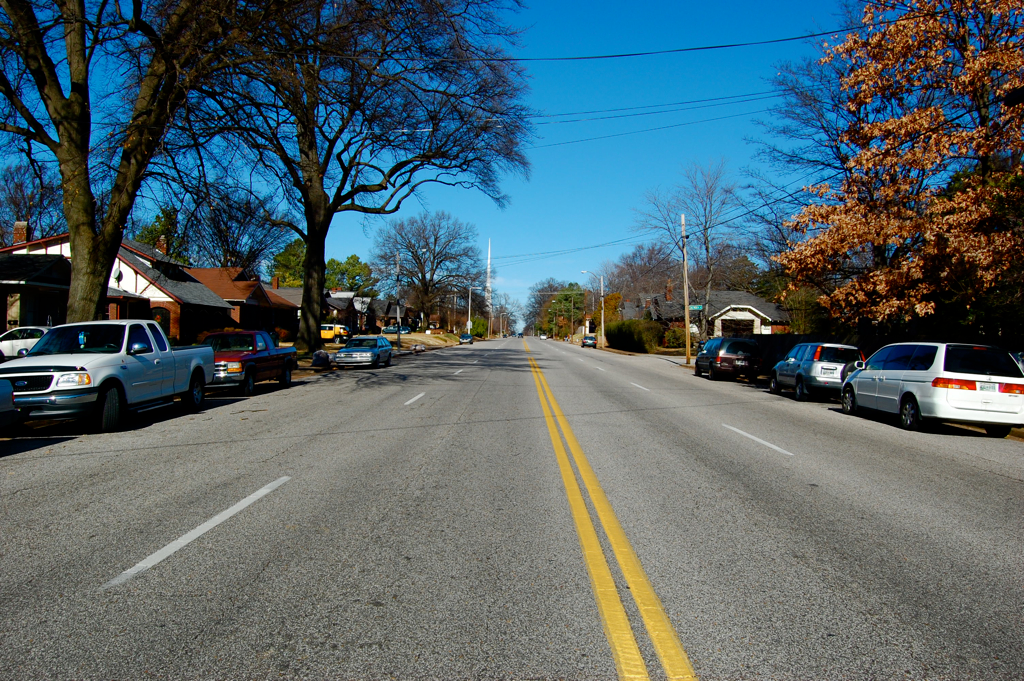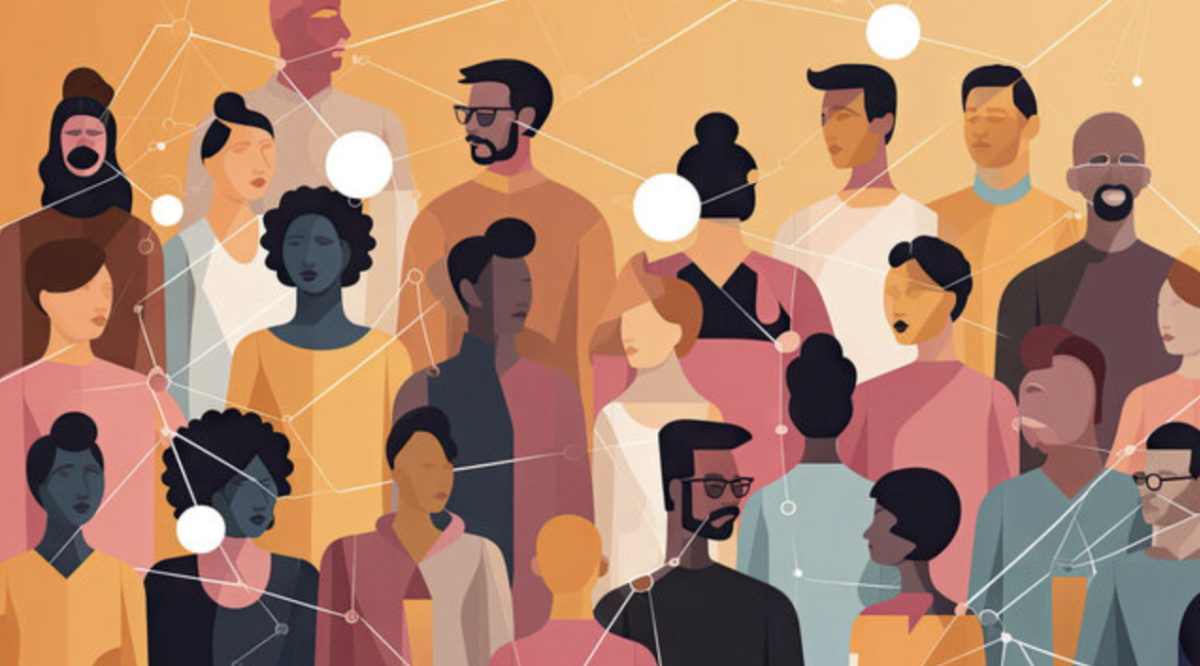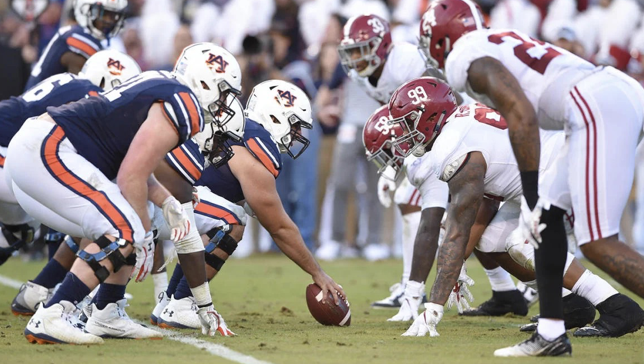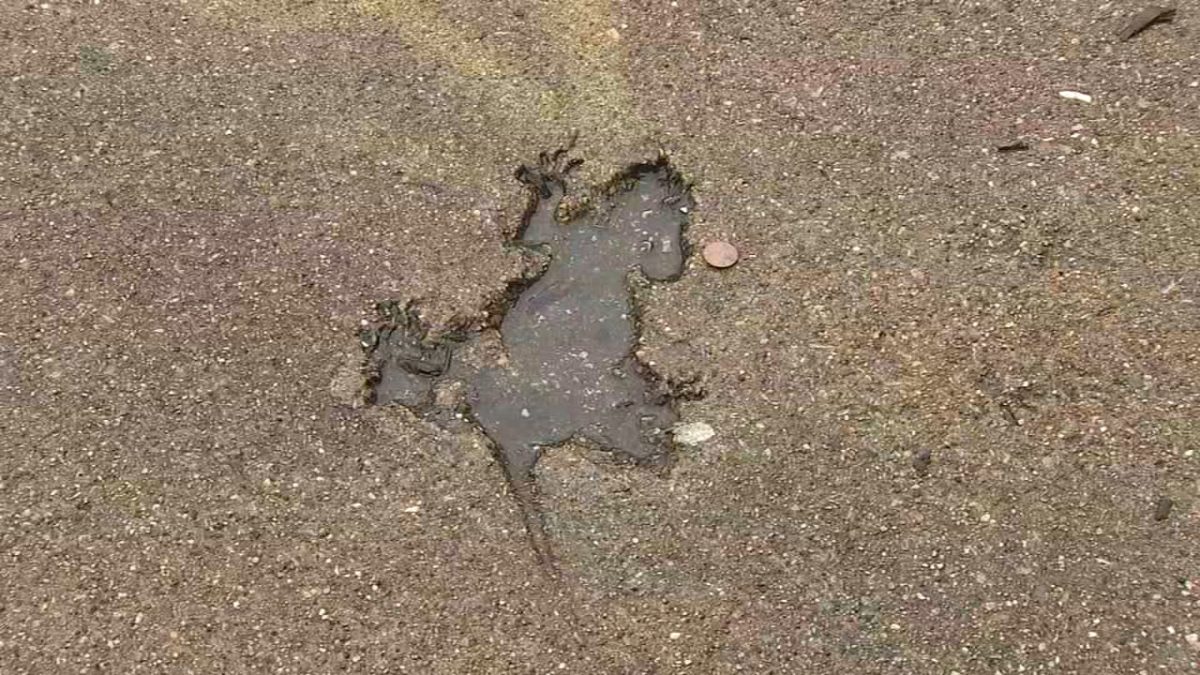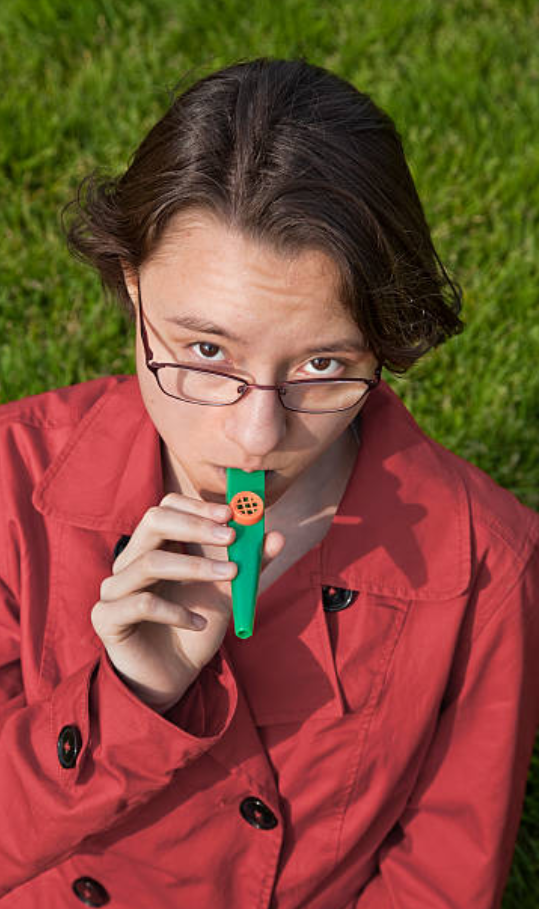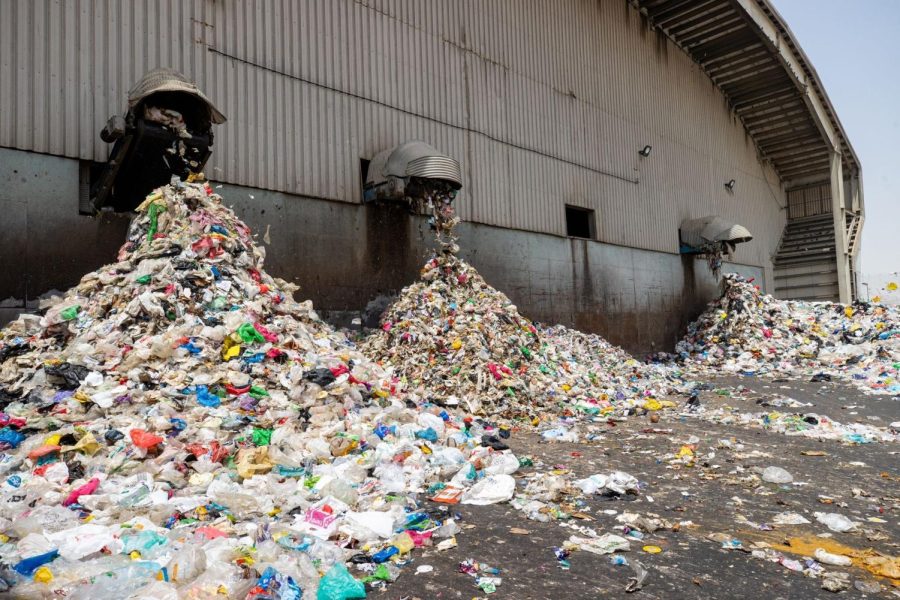The Truth About Recycling
In 2022, the world produced about 400 million tons of plastic. Only about 7% of that was recycled.
February 22, 2023
It’s a day like any other. You have just finished lunch and the bell for fifth period rings. You forgot your water bottle at home, so you decide to stop at one of the vending machines on your way to class. You pay, grab your Mountain Dew and head on to class. After school has ended, you catch the bus home, and naturally, wanting to be a good person, you chuck the bottle into the recycling bin. It will be in a landfill in one month’s time.
Now imagine this on a global scale.
Year after year, we have been taught that to make the world a cleaner place, we need to consistently “reduce, reuse, and recycle;” that if the thing we are throwing away has a recycling symbol on it, we need to toss it in the proper bin. But what truly happens to our plastic after we put it in the recycling? Well, to know that we need to look at the facts. And they are certainly not pretty.
The Facts.
Only two out of seven types of plastic are consistently recycled. Even for those two, the rate of recycling is still dismally slow. For example, you know the “recyclable” Mountain Dew bottle from earlier? Well, only completely clear plastic bottles are recycled. Mountain Dew bottles, being tinted green, would not make the cut.

In even more heart-sinking news, a decent portion of plastics (widely recyclable or not) are shipped off to “facilities” in other, poorer countries, which means dumping the plastics negatively impacts the lives of the people who live near such disposal sites.

Furthermore, industrial giants of the plastics industry are dishonest about the statistics of plastic recycling. For example, in a statement from Exxon in 2021, they noted that the company had established “one of the largest advanced recycling facilities in North America, capable of processing more than 80 million pounds of plastic waste per year.” That all sounds great until you realize that Exxon produced a whopping 13.2 billion pounds of plastic waste in that year alone.
There is also evidence to suggest that despite funding the campaign to recycle the plastics that were (and still are) polluting our ecosystem, they knew it wasn’t a viable solution.
They lobby politicians to ignore the issue at hand, to keep campaigning for recycling. Then, said politicians refuse to acknowledge what has become an obvious issue over the years.
What can we do about this?
Well, as this is mostly a problem with the industry itself, there is little we can do on an individual level. However, we can protest. We can vote. We can keep working to dissolve the corporations that started this fire, who then place the blame on citizens that have no other materials to choose from. As the phrase goes: “Your heart is a muscle the size of your fist. Keep loving, keep fighting.”
Sources:
https://www.nytimes.com/2023/02/07/climate/plastic-waste-recycling.html
https://www.npr.org/sections/money/2019/04/09/711181385/are-plastic-bag-bans-garbage
https://sustainability.colostate.edu/humannature/plastic-economy-is-recycling-broken/


